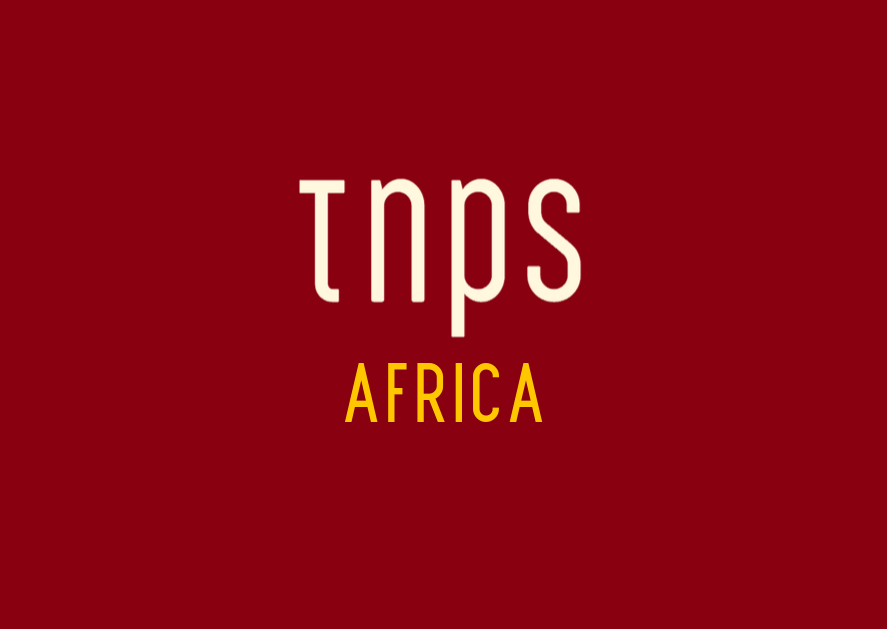In an article in VenturesAfrica today Bodour al Qasimi takes a look at the potential of the African book markets, using her own country, the United Arab Emirates, as an example of what might be achievable.
At which point, full disclosure: Bodour Al Qasimi as credited by VenturesAfrica is in fact Sheikha Bodour bint Sultan bin Muhammad Al Qasimi of the royal family of Sharjah, the third largest of the seven Emirates.
That matters when considering her (entirely accurate) overview of her own country’s remarkable publishing story.
The UAE by the end of the 1970s published only 6 books per year. In 1971, when the UAE achieved its independence only 48 percent of the adult population was literate with literacy amongst women standing at just 38 percent. (Today) the 94 percent literacy rate in the UAE is amongst the best in the world (96 percent for women). We now publish just short of 500 titles per year, and our book exports now exceed $40 million per year.
The UAE has transitioned from a small country with very low literacy levels and almost no domestic publishing industry to become an emergent global publishing hub with a growing national culture of reading. We were able to do this because as a nation we appreciated and understood the importance of the worth and capabilities of people – a belief in human capital.
Nothing I could possibly disagree with there.
Those that follow my writings here and elsewhere know of my admiration for the UAE’s commitment to the arts, and especially to literature and publishing. And they will know I follow the (publishing-related) activities of Sheikha Bodour Al Qasimi like a besotted teenager. Because Al Qasimi and I share a common vision of the future of global publishing
Al Qasimi’s description of the UAE as an “emergent global publishing hub” is one I’ve been extolling for many years now.
In fact I’ve said on many an occasion that Sharjah is on target to eclipse Frankfurt, London and New York as the primary hub of global publishing in the next decade.
But it has to be said the UAE’s remarkable achievements (and they are remarkable, not so much for just improving literacy – other countries have done as well – but developing literacy as an embrace of the human condition) came on the back of immense oil wealth and capital resources the other countries she talks about here are in simply no position to match.
But with that single reservation I love what Al Qasimi says here, and will offer some quotes below. Bear in mind this is specifically about Africa as this follows on from Al Qasimi’s being at the IPA Regional Seminar in Lagos.
Over recent years I have been amazed by the literary talent that is coming out of Africa. This includes authors like Leila Aboulela, Petina Gappah, Zakes Mda, Chimamanda Ngozi Adichie, and Nigeria’s own Johwor Ile.
However, the potential of this continent is not being realized, despite its rich language offerings. This is evidenced by the lack of integration between the African publishing industry and the global publishing market. By fostering closer cooperation, there are huge opportunities to be made.
The global publishing industry is starting to change, however, and there are encouraging signs that emerging markets are starting to play more of an active role in the conversations once dominated by the traditional European publishing markets.
Noting that the “Emerging Publishing Markets” now account for 90 percent of the global population under 30, and almost 60 percent of global GDP, Al Qasimi says,
The globalization of the publishing industry presents an opportunity for publishers in emerging markets to meet surging global interest in more diverse, original narratives. This trend will inevitably lead to a shift of the global publishing industry from traditional hubs in developed countries to other important secondary hubs in developed and developing countries – the UAE and Nigeria are clear examples of this.
It is in these frontiers where the publishing industry will find its future readers and customers. And while I believe the present is bright for African publishers, I believe the future looks even brighter.
Emerging markets are now drivers of world growth, and it is only a matter of time until these populations and economic trends change the face of the global publishing industry as we now know it.
For the full post head over to VenturesAfrica.




